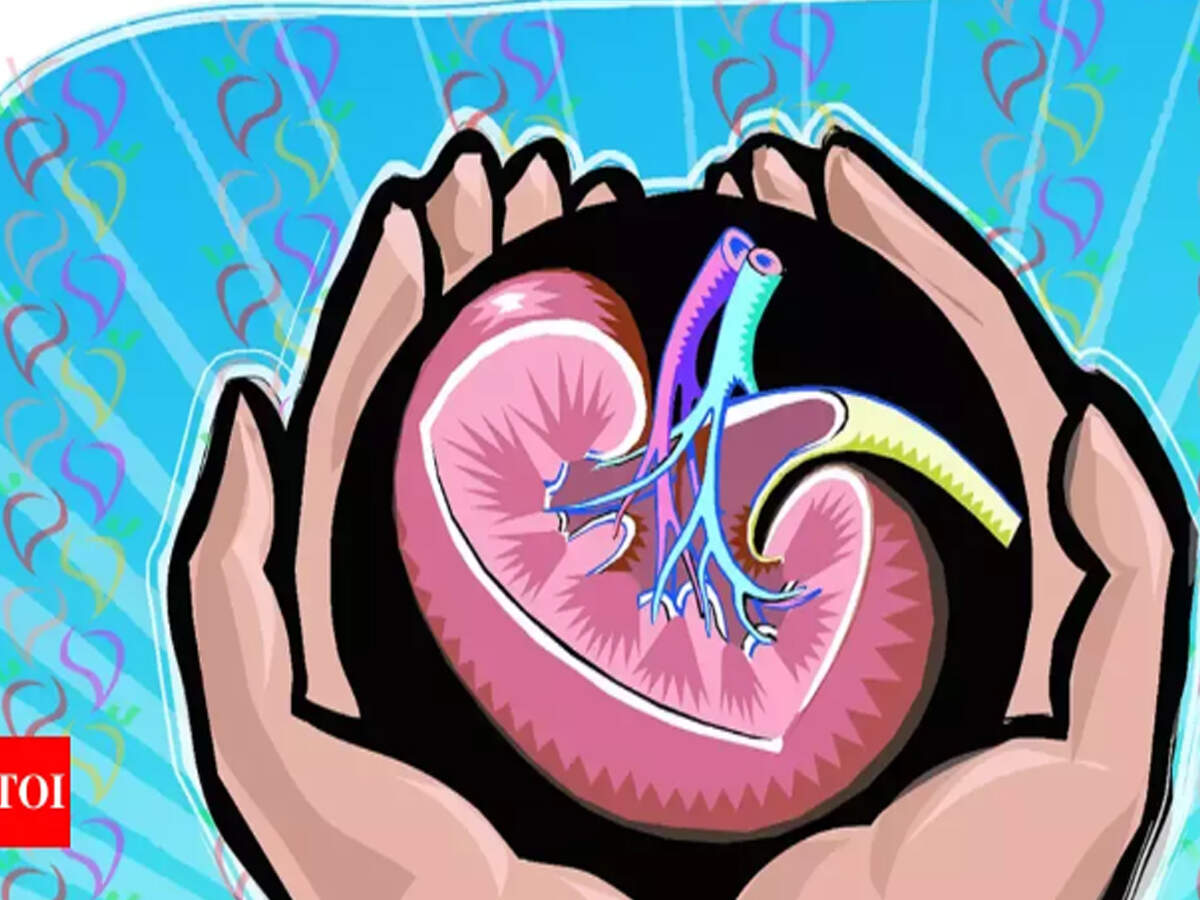- Policy
- 2 min read
Patna : Kidney transplant patients may get free drugs for life
People with less than Rs2.5 lakh annual income and having undergone kidney transplant under Mukhyamantri Chikitsa Abhiyan will soon get free medicine for life.
Sharing this information, health secretary Sanjay Kumar told TOI on Monday that the state government has considered an average Rs15,000 monthly medicine requirement for a person post kidney transplant under Mukhyamantri Chikitsa Abhiyan.
“Altogether 250 people have undergone kidney transplantation under Mukhyamantri Chikitsa Abhiyan in and outside the state. Families with annual income of less than Rs2.5 lakh are eligible for treatment under the scheme,” he said.
Kumar said the department was looking at various factors before issuing a notification. “Instead of giving money in the bank accounts, we are thinking of purchasing medicines in bulk and sending to the district hospitals from where patients can get their monthly requirement. This will serve two purposes — the medicine prices will reduce because of bulk purchase and the person will get the medicine required as s/he may not buy it after getting money,” he said, adding that the bidding process for purchasing medicines will be initiated after the notification is issued.
Free medicines to patients, who have undergone kidney transplant, was first announced by state health minister Mangal Pandey on May 26 during a programme organized at Indira Gandhi Institute of Medical Sciences (IGIMS) to mark 50 successful kidney transplants. So far, IGIMS has successfully transplanted 54 kidneys.
Pandey had said the health department would provide lifelong support to needy people after kidney transplantation.
Doctors involved in kidney transplantation said heavy expenditure is incurred on the patient after the operation. “A patient spends Rs30,000 every month on medicine and various other expenses after kidney transplant. It includes around Rs 15,000 on medicine and another Rs15,000 on various tests required to be done every month. However, this expenditure on medicine and tests reduces with time, especially after five years, when the transplanted kidney gets adapted to the new body,” said a senior nephrologist at a city-based private hospital, wishing anonymity.



COMMENTS
All Comments
By commenting, you agree to the Prohibited Content Policy
PostBy commenting, you agree to the Prohibited Content Policy
PostFind this Comment Offensive?
Choose your reason below and click on the submit button. This will alert our moderators to take actions